Have you ever noticed your cat quietly trailing behind you as you brush your teeth, turn off the lights, or slip under the covers? It’s almost as if they’ve memorized your bedtime routine as faithfully as you have. Some people find it adorable, while others wonder if their feline friend is up to something mysterious. The truth? When your cat follows your bedtime routine, they’re revealing an entire world of feline affection, trust, and instinct—one that might surprise you, and maybe even tug at your heartstrings. Let’s unravel the secrets behind this endearing behavior and discover what your cat is really trying to tell you.
Understanding Feline Attachment

Cats are often seen as independent creatures, but when they shadow your bedtime routine, it’s a sign of strong attachment. This behavior is their way of expressing comfort and trust. Just as children seek closeness with their parents at night, cats look for security in their chosen human. When your cat nests beside you or mirrors your actions, they’re saying, “I feel safe with you.” Cats who follow their humans at bedtime tend to be more bonded and emotionally connected. This attachment is not just about seeking warmth—it’s about companionship and reassurance. The nightly ritual becomes a shared moment, deepening the unique bond between you and your cat. In a way, your cat is treating you as part of their family circle.
Mirroring Your Habits
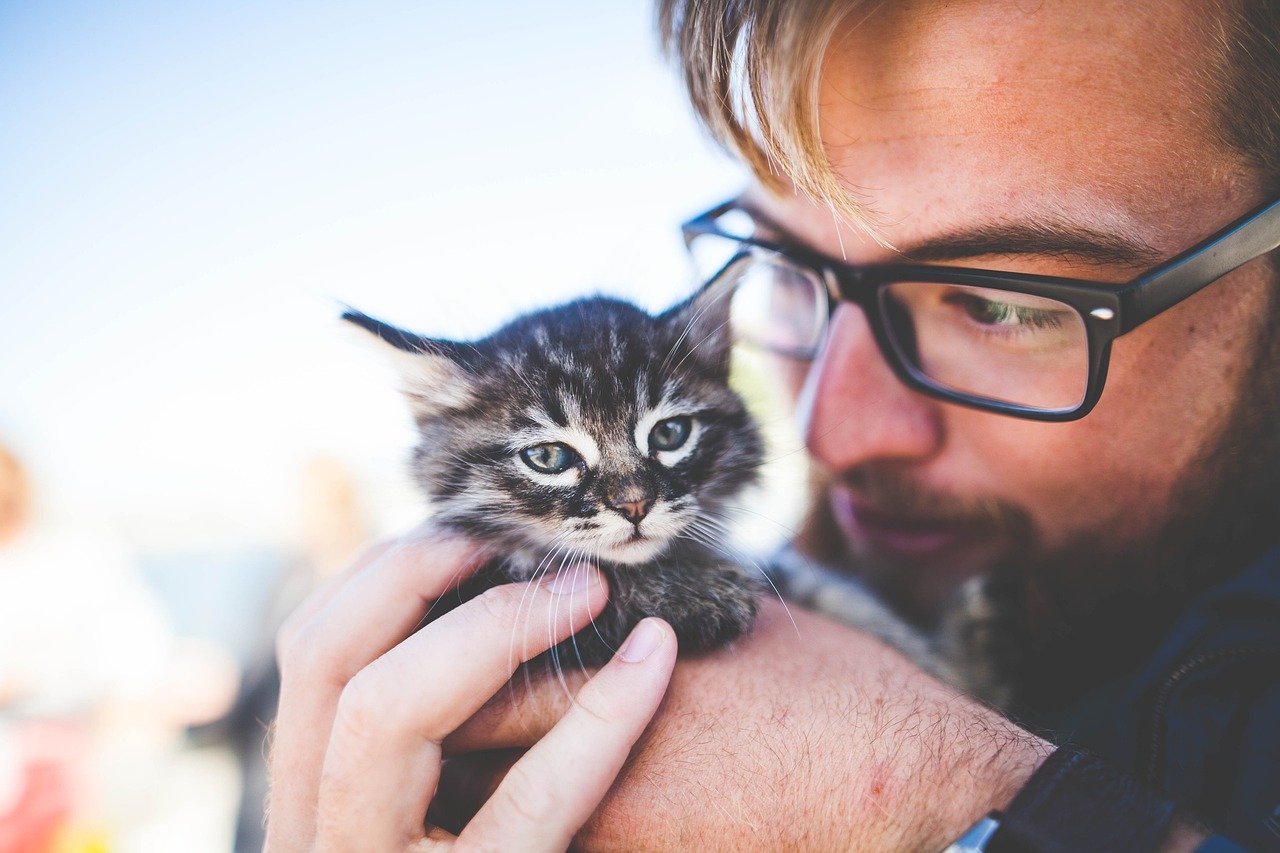
Cats are clever observers. If you’ve noticed your cat brushing up against your legs as you get ready for bed, it’s because they’re picking up on your habits and routines. Felines are masters at paying attention—sometimes even more than we realize. When they start to mimic your bedtime behaviors, it’s a sign they feel at home and are integrating themselves into your world. This mirroring isn’t just cute; it’s their way of blending their instincts with your lifestyle. Watching a cat yawn as you do, or stretch when you stretch, can be both hilarious and heartwarming. It’s almost as if they’re silently saying, “We’re in this together.” That kind of togetherness is something special, and it’s a big reason why so many people fall in love with their cats over and over again.
A Sign of Trust

Not every cat will follow a bedtime routine unless they truly trust you. Trust is a precious thing in the cat world—hard-earned and easily lost. When your cat curls up on the end of your bed or waits patiently as you turn off your bedside lamp, it’s a signal that they feel safe in your presence. This trust is built over time, through gentle handling, consistent routines, and positive interactions. If your cat once kept their distance but now shadows your nightly rituals, take it as the ultimate feline compliment. It’s a sign that you’ve created a safe, loving environment where your cat feels protected enough to let their guard down. That’s something to be proud of.
Seeking Comfort and Security
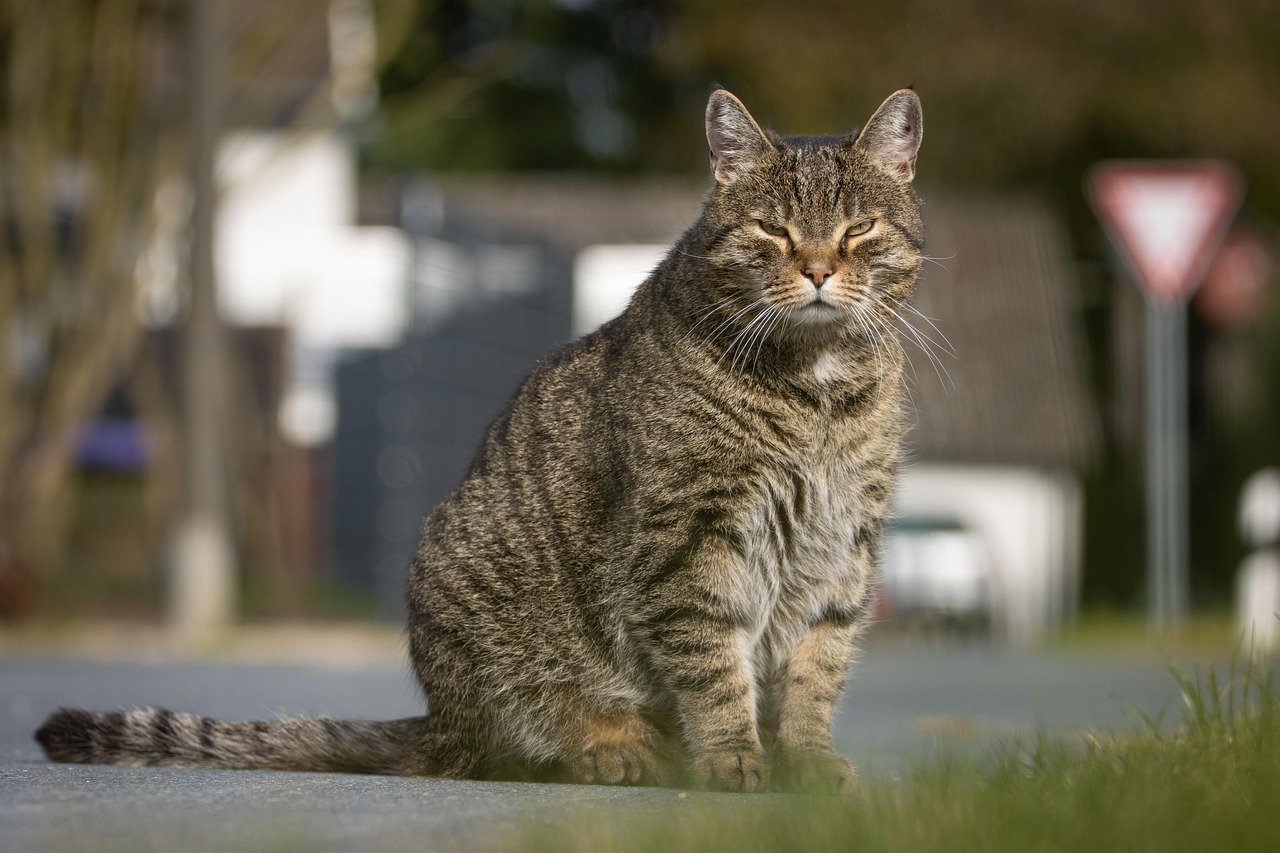
Nighttime is when the world quiets down, and for cats, this can sometimes be unsettling. By following your bedtime routine, your cat is seeking comfort and reassurance. The familiar sounds of your routine—water running, drawers closing, the rustle of sheets—become soothing cues that all is well. Your presence acts as a buffer against any nighttime anxieties your cat might feel. Whether it’s the creak of the house settling or a distant car passing by, your cat feels safer knowing you’re nearby. This need for security is especially strong in cats that have experienced previous trauma or have a more cautious temperament. So if your cat insists on being your nighttime shadow, remember they’re not just being curious—they’re looking to you for peace of mind.
Instincts from the Wild
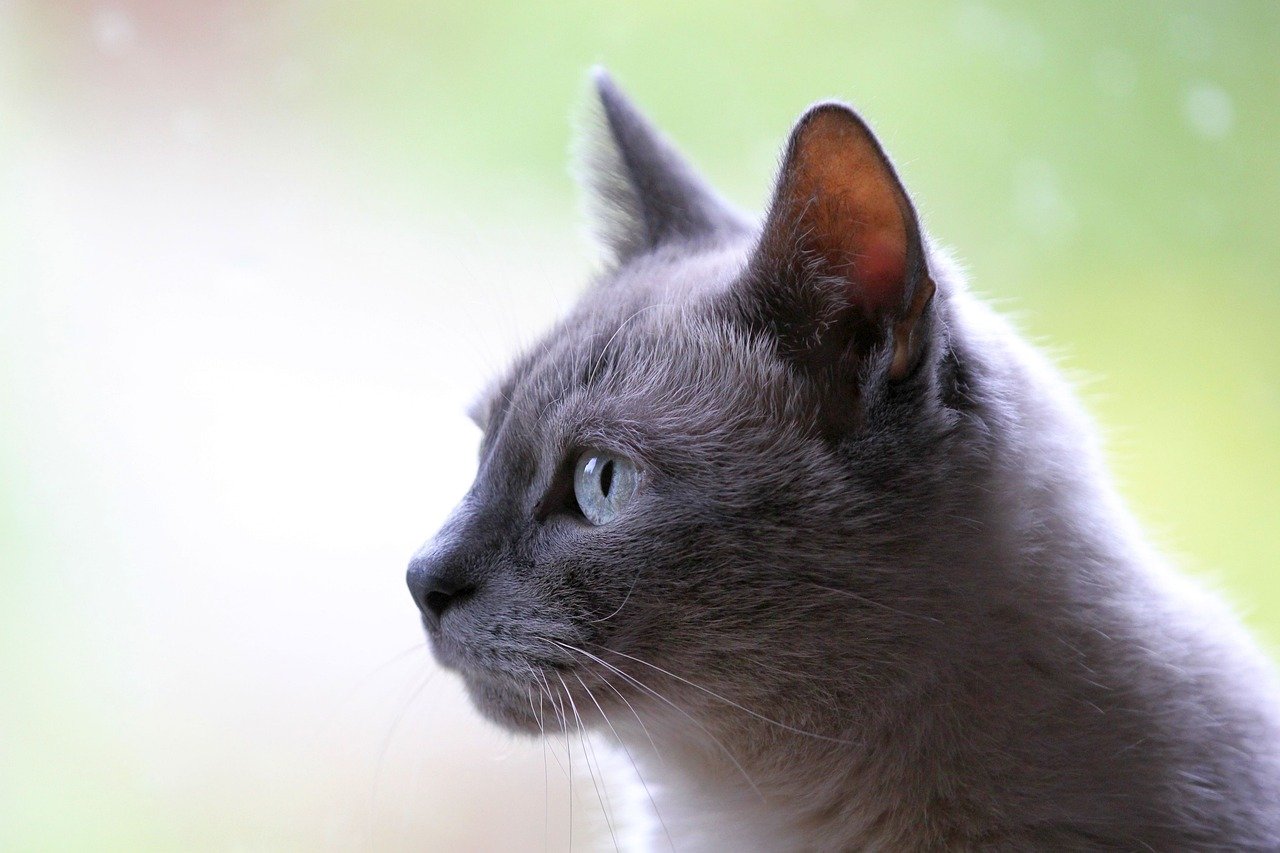
Even the fluffiest house cat carries echoes of their wild ancestors. In the wild, cats are both predators and prey, which means nighttime can be a vulnerable period. By sticking close to their trusted human, domestic cats are following an ancient instinct to seek safety in numbers. You become their “pride,” their trusted companion against the darkness. Watching over you as you sleep, or sharing in your evening rituals, is a way for your cat to feel less exposed. It’s a reminder that, deep down, your living room lion is still guided by the same instincts that shaped their wild cousins thousands of years ago.
Establishing a Shared Routine

Cats thrive on routine. They find comfort in predictability, and your bedtime habits become an anchor in their day. When your cat follows your routine, they are participating in a shared ritual that brings order and calm to their world. This routine helps reduce anxiety, fosters a sense of belonging, and gives your cat structure. Over time, your cat may even remind you when it’s bedtime, meowing or pacing until you start your usual routine. In this way, the bedtime ritual becomes a two-way street—your cat relies on you, and you might find yourself relying on them too.
Demonstrating Affection
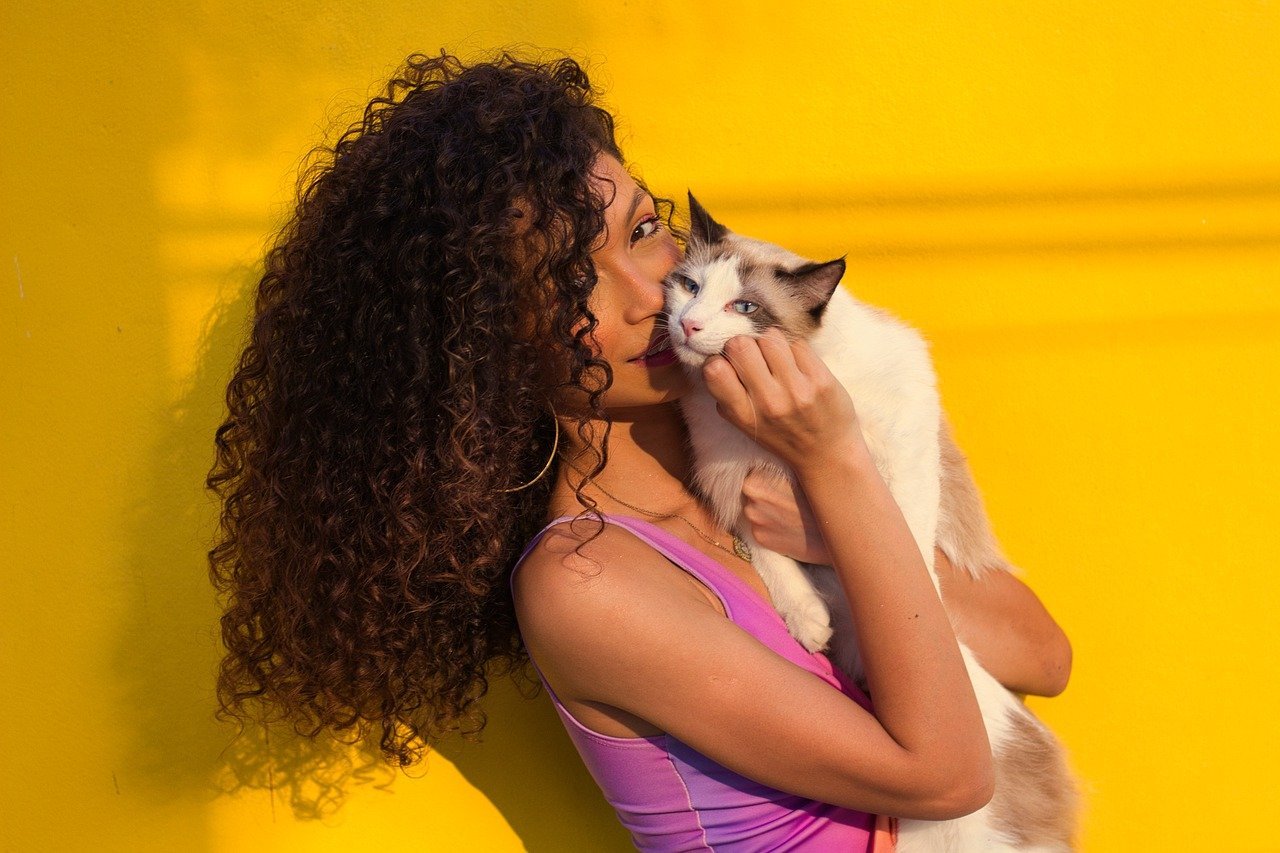
While some cats express their love through headbutts or purring, others show it by simply being present. When your cat follows your bedtime routine, it’s one of the most sincere forms of affection. They’re choosing to spend their most vulnerable hours near you. It’s like a silent love letter, written in whiskers and soft paws. This nightly companionship can be especially touching after a long, stressful day—a gentle reminder that you’re never truly alone. Cherish these moments, because they’re your cat’s way of saying, “You matter to me.”
Curiosity and Playfulness
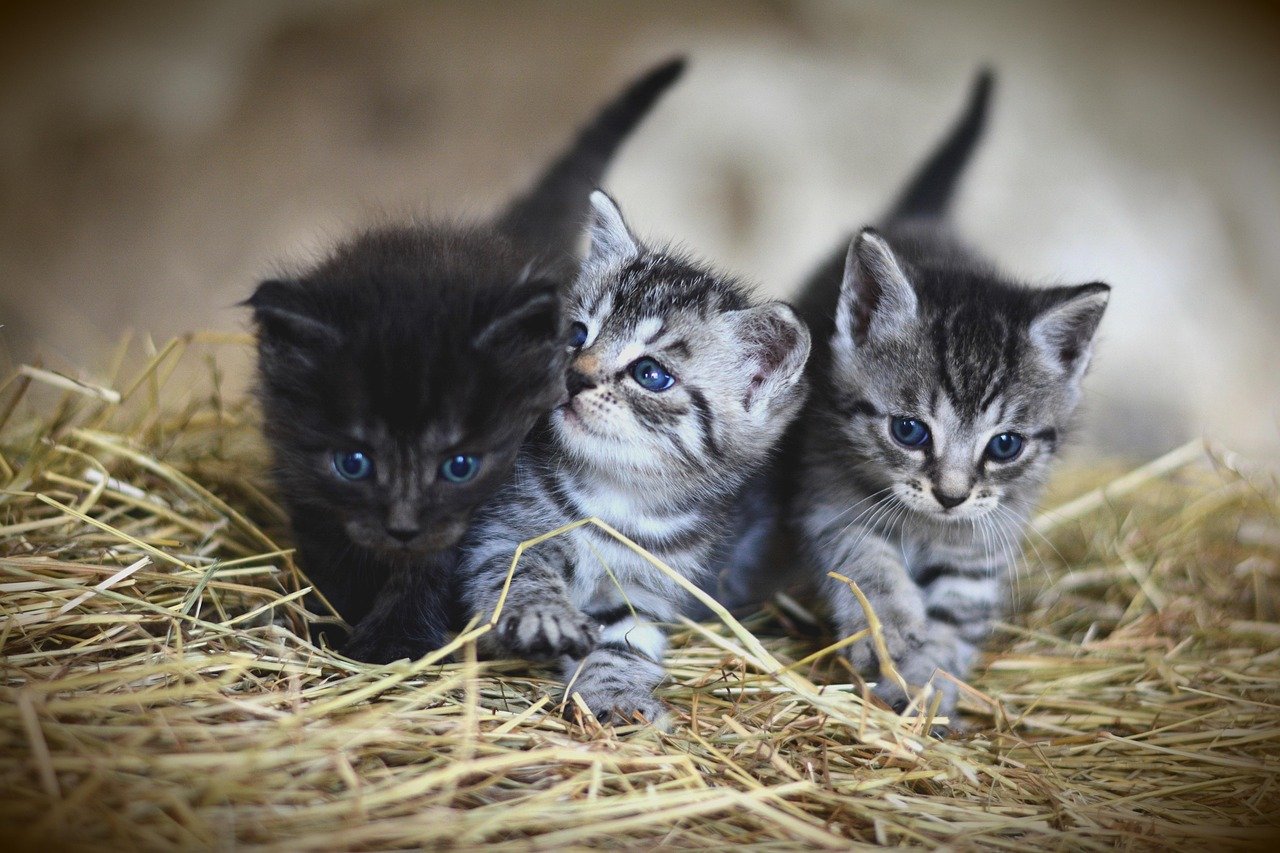
Cats are naturally curious creatures. The sounds and movements associated with your bedtime routine can be downright fascinating to them. The tap of a toothbrush, the flicker of a light switch, or the rustle of pajamas can spark playful interest. Sometimes, your cat follows you simply because your routine is fun to watch—or even to join in! You might catch your cat batting at the string on your pajamas or pouncing on your moving toes under the blanket. This playful curiosity is a sign of a happy, stimulated cat who enjoys being part of your world.
Marking Territory
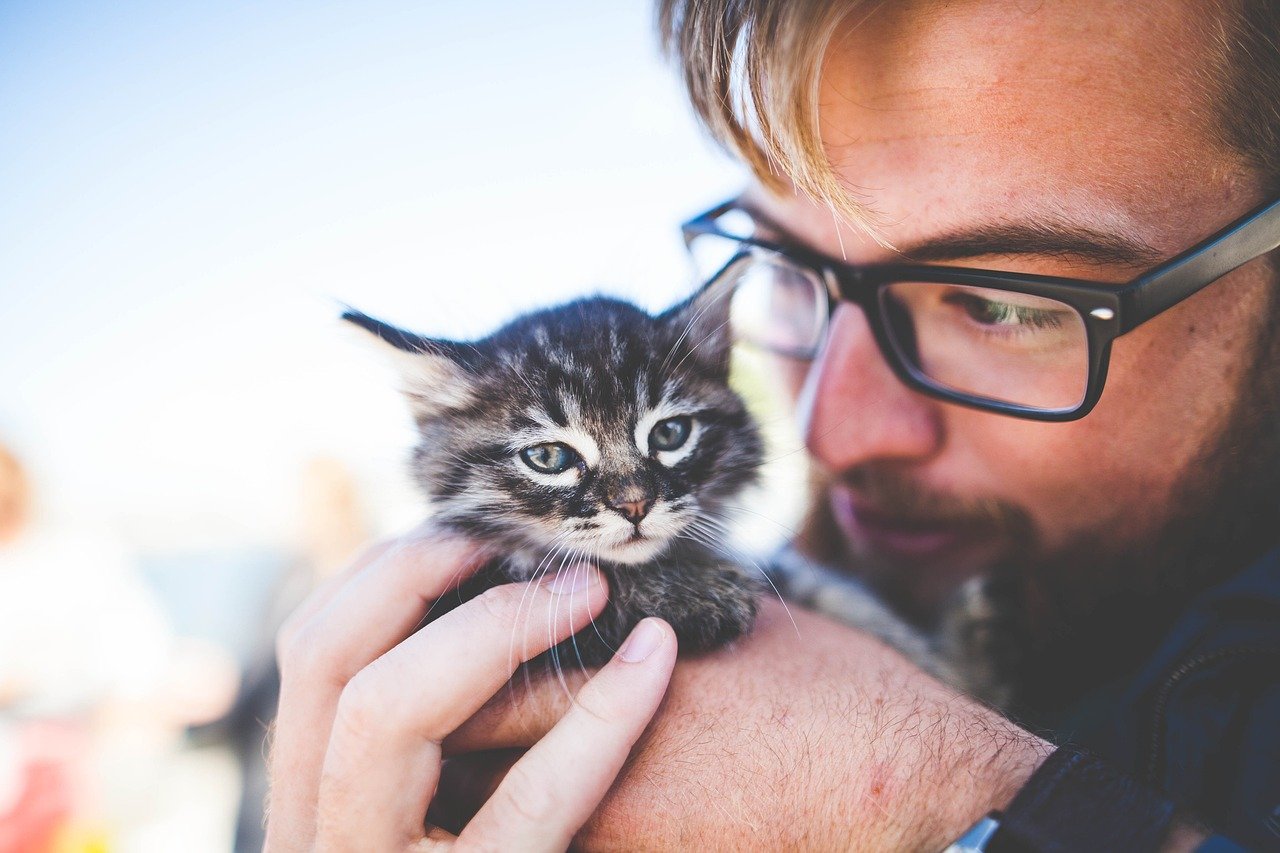
Believe it or not, when your cat follows you at bedtime, they may be staking their claim. Cats have scent glands on their cheeks and paws. By rubbing against your legs or bedding, your cat is marking you and your sleeping area as “theirs.” This behavior is both protective and possessive—a way for your cat to reinforce their bond and keep other animals at bay. While it might seem a bit selfish, it’s actually a sign of deep loyalty. Your cat wants to make it clear that you belong together, especially during the quiet, vulnerable hours of the night.
Communicating Needs
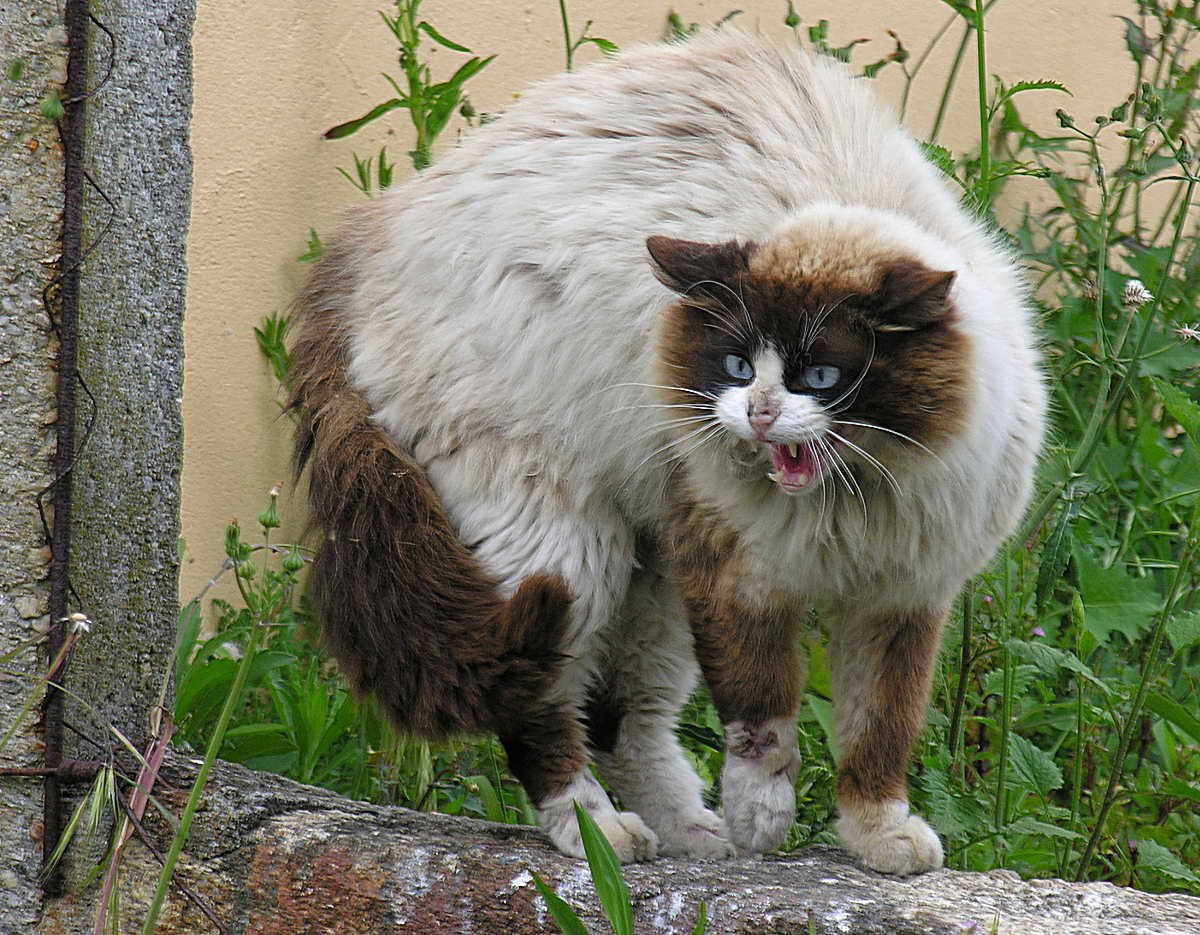
Sometimes, following your bedtime routine is your cat’s way of communicating that they need something. This could be a gentle reminder that their litter box needs cleaning, their water bowl is empty, or they’re simply craving a little extra attention. Cats are masters of subtle communication, and by shadowing your nightly habits, they’re trying to get your attention in the least intrusive way possible. If your cat seems especially persistent, take a moment to check their essentials before you tuck in for the night.
Responding to Household Dynamics
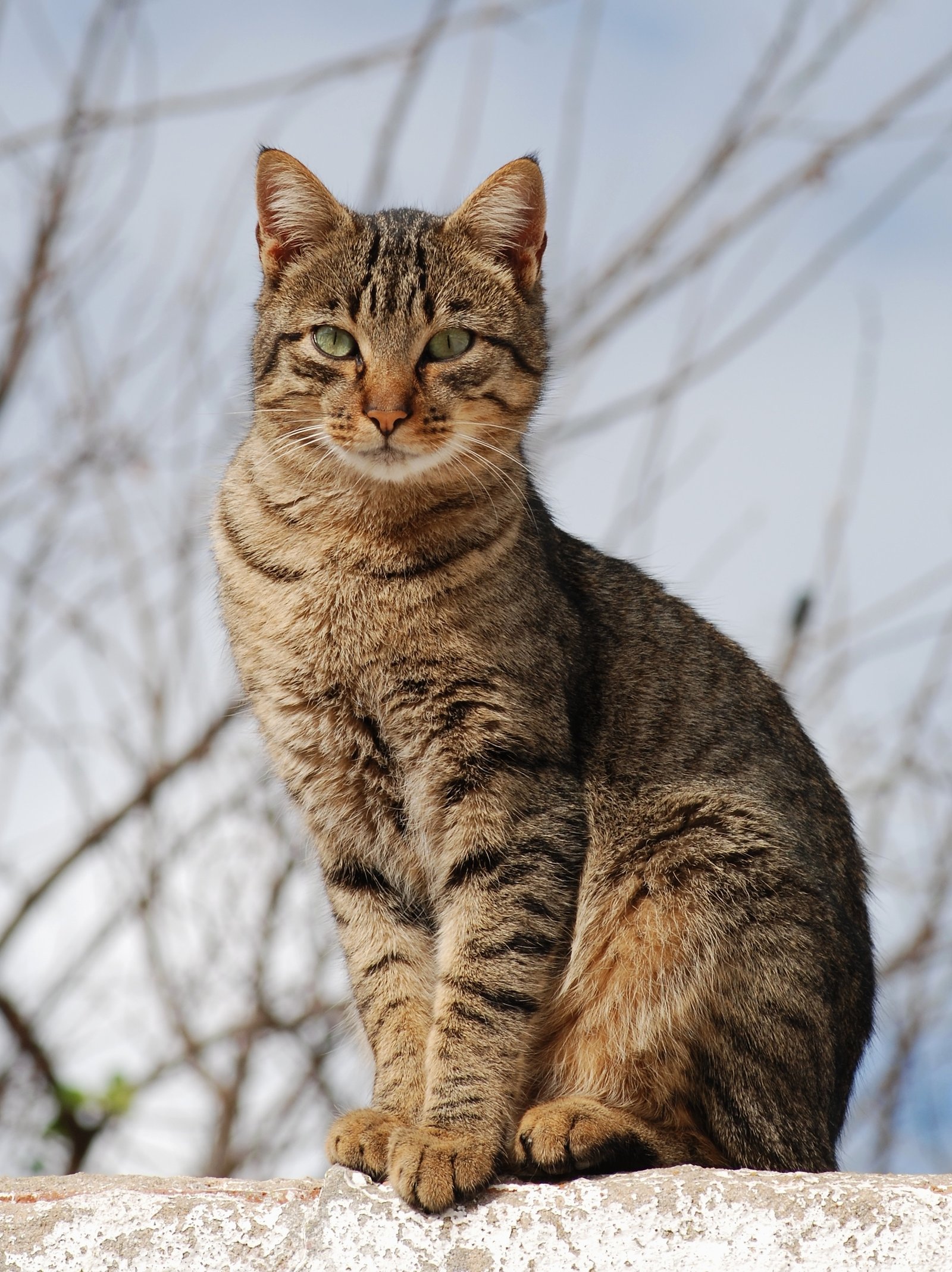
Cats are sensitive to changes in their environment. If you’ve recently moved, had guests over, or altered your daily routine, your cat may follow you at bedtime to seek stability. They’re looking for reassurance that everything is okay. In multi-pet households, the bedtime routine can become even more important, offering a quiet moment of one-on-one connection. Your cat may be seeking to reinforce their bond with you, especially if they feel their place in the household is shifting.
Imitating Family Life
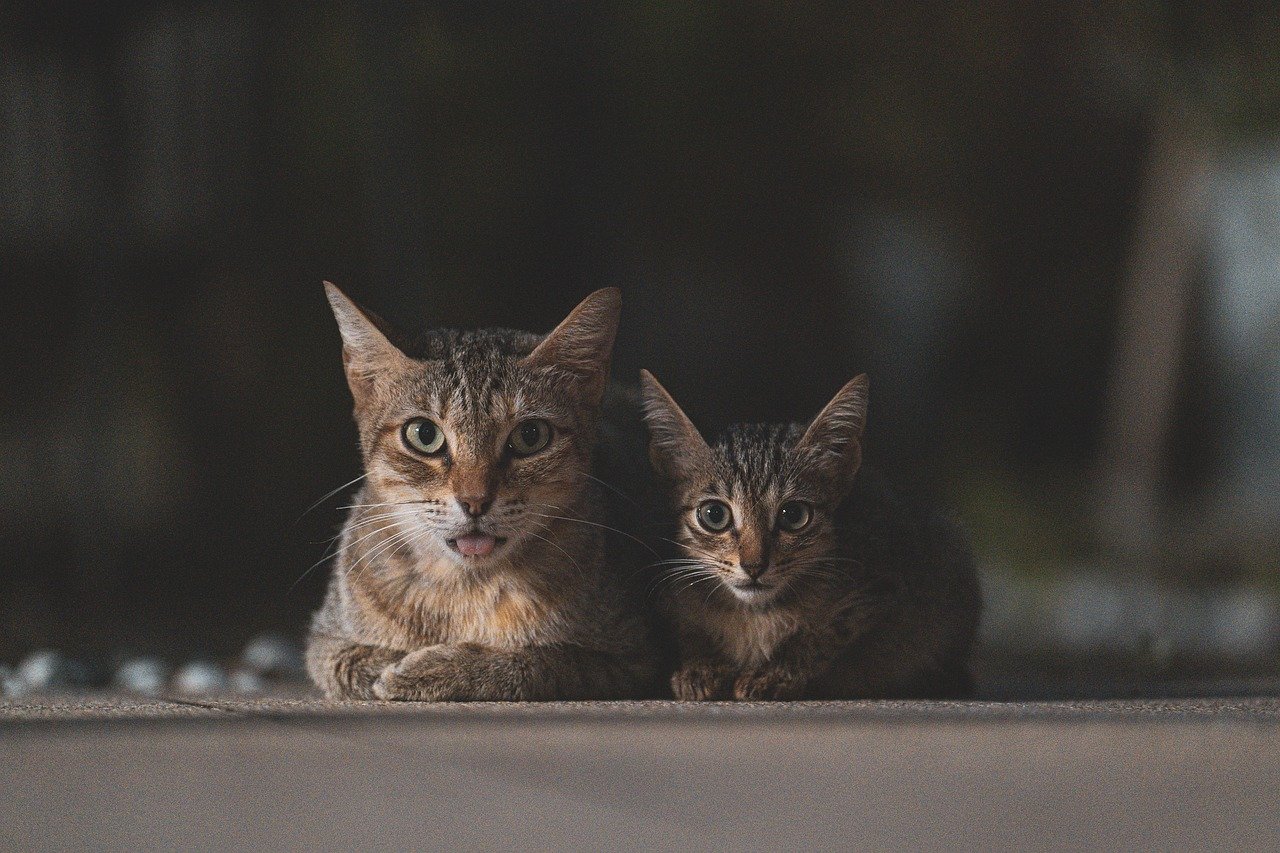
Domesticated cats often view their humans as family members. By following your bedtime routine, they’re participating in a family ritual, much like children saying goodnight to their parents. This imitation of “family life” helps reinforce social bonds and gives your cat a sense of belonging. Some experts believe that cats see us as big, clumsy cats who provide food and comfort. By joining in our routines, they’re adopting some of our behaviors as their own.
Creating Rituals Together
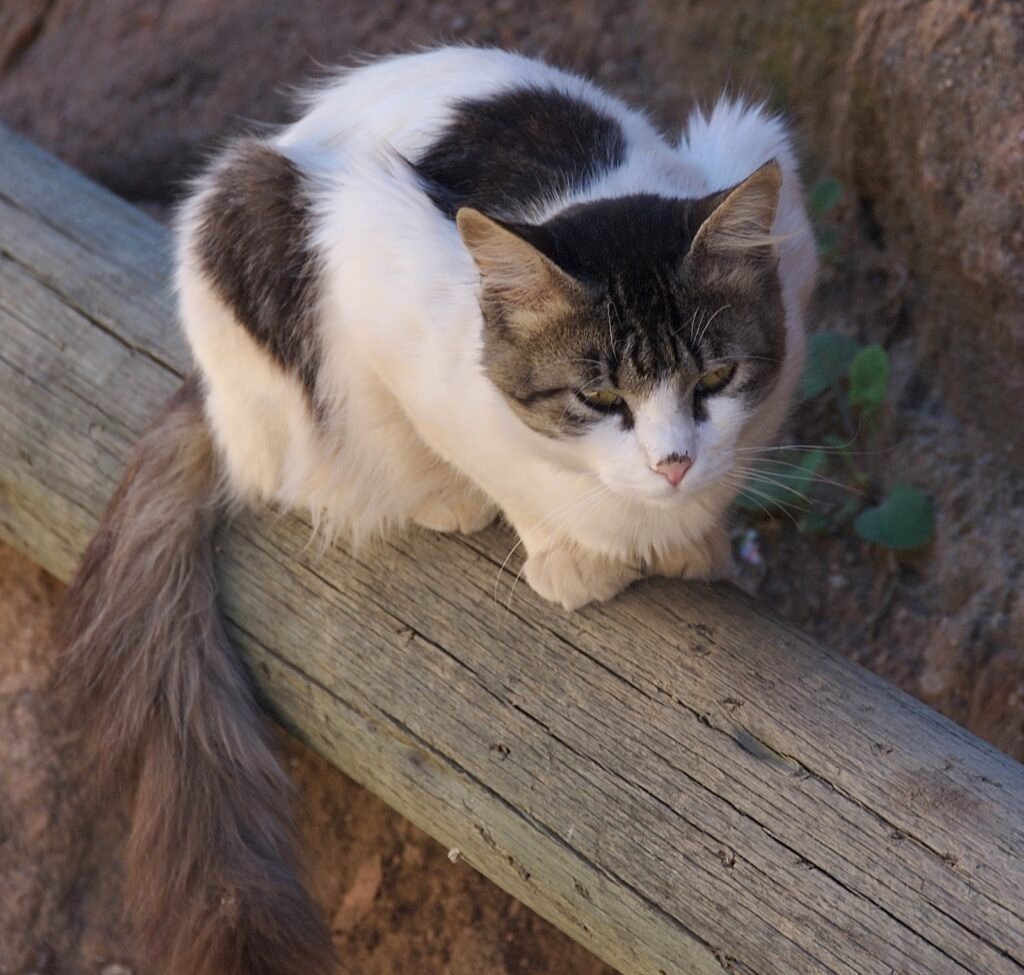
Bedtime routines aren’t just for humans—cats can develop their own rituals alongside yours. Maybe your cat likes to knead the blanket before you settle in, or they insist on one last game of chase down the hallway. These nightly habits deepen your connection and give your cat something to look forward to. Over time, these rituals become cherished moments that both of you anticipate. It’s a reminder that the best bonds are built on shared experiences, no matter how small.
Adapting to Your Energy

Cats are remarkably attuned to their owners’ energy levels. When you start winding down for the night, your cat senses the shift and adjusts their behavior accordingly. They might go from playful to calm, mirroring your transition from daytime activity to nighttime rest. This adaptability is one of the reasons cats make such comforting companions. They instinctively know when to give you space and when to snuggle close, making the bedtime routine a peaceful, shared experience.
Nighttime Watchfulness
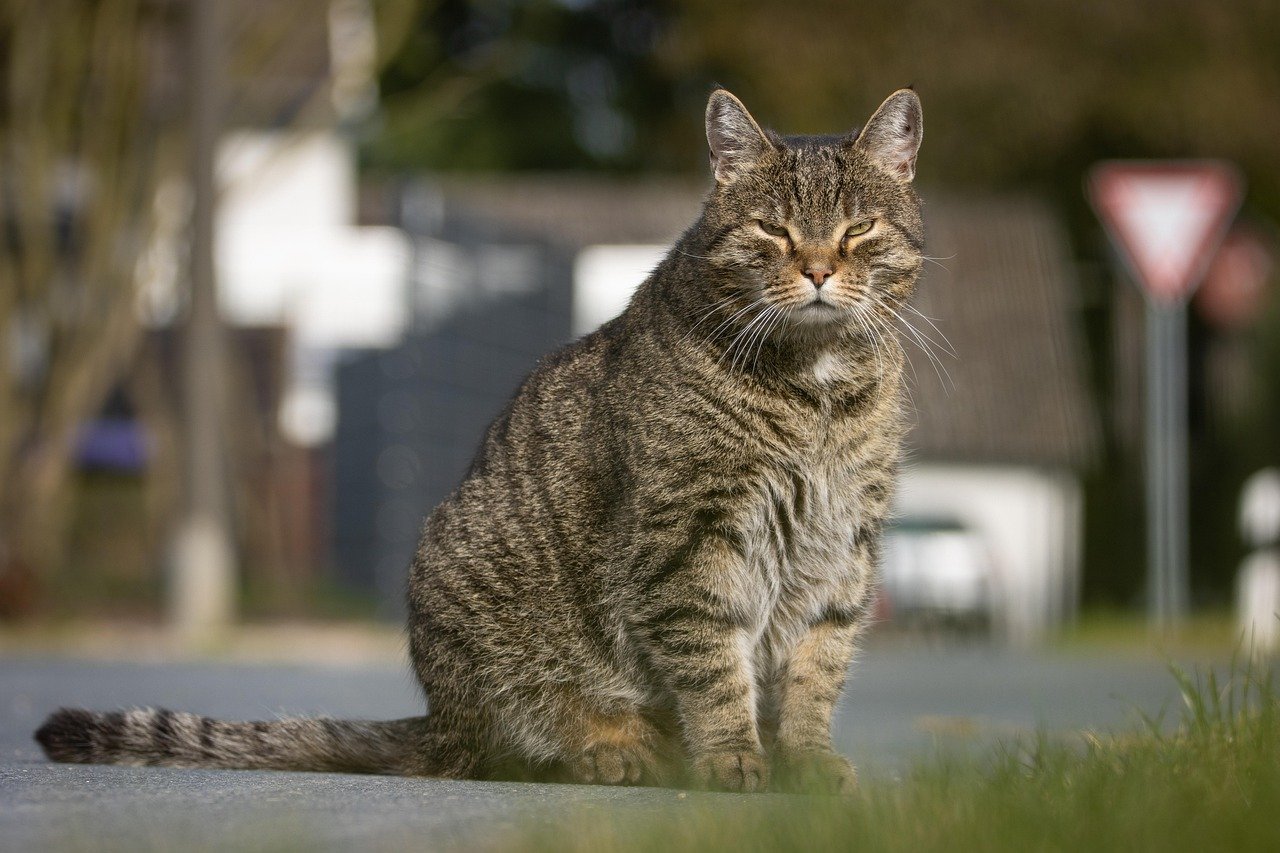
While you’re slipping into sleep, your cat might be entering their most alert state. Cats are crepuscular, meaning they’re most active at dawn and dusk. By following your bedtime routine, your cat is getting ready to take on the night. They may patrol the house, perch by a window, or simply keep watch over you as you sleep. This nighttime vigilance is both protective and instinctual. Your cat is making sure their territory—and their favorite human—are safe and sound.
Relief from Separation Anxiety
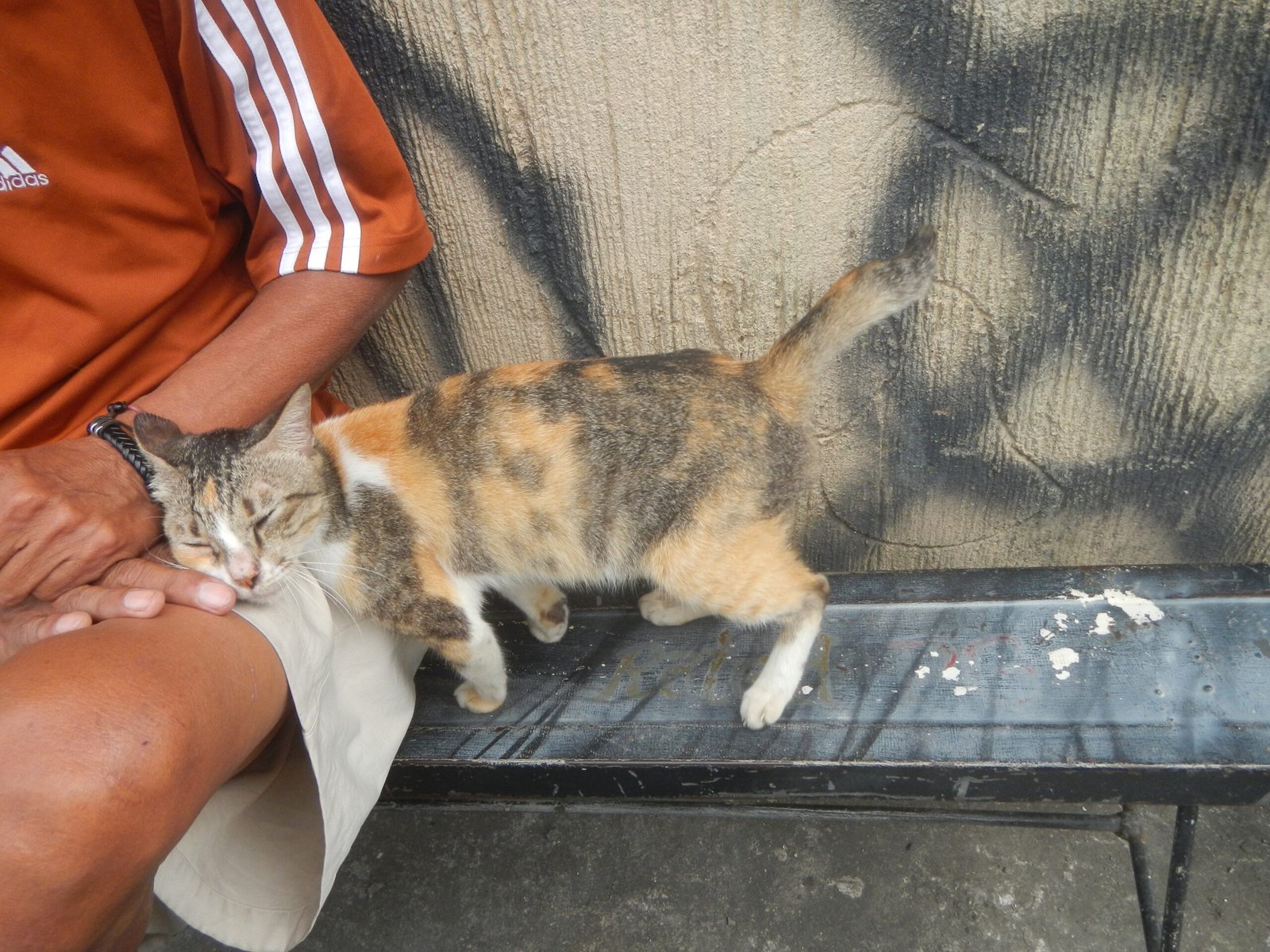
For some cats, being apart from their owner—even overnight—can trigger separation anxiety. By following your bedtime routine, your cat is seeking closeness and reassurance that you won’t disappear. They might become extra cuddly or vocal at night, wanting to soak up every last minute with you. If your cat struggles with separation, a consistent bedtime routine can provide comfort and alleviate their worries. It’s a gentle way to remind them that you’ll always come back in the morning.
Learning Through Observation

Cats are keen observers and fast learners. By watching your bedtime habits, they pick up on cues and routines that can be helpful for their own well-being. For example, if you always feed your cat before bed, they’ll quickly learn to anticipate food at the same time each night. Some cats even learn to wake their owners at the right time if they know breakfast follows soon after. This observational learning strengthens their sense of routine and makes life together smoother for everyone involved.
Building Positive Associations

If your cat has positive experiences during your bedtime routine—like getting treats, gentle pets, or cozy cuddles—they’re more likely to look forward to it. These positive associations create a sense of happiness and anticipation around bedtime. Even something as simple as a soft voice or a favorite blanket can turn the nightly routine into a cherished event. Over time, your cat may even help remind you when it’s time to start winding down, nudging you toward bed just as much as you nudge them.
Adapting Over Time
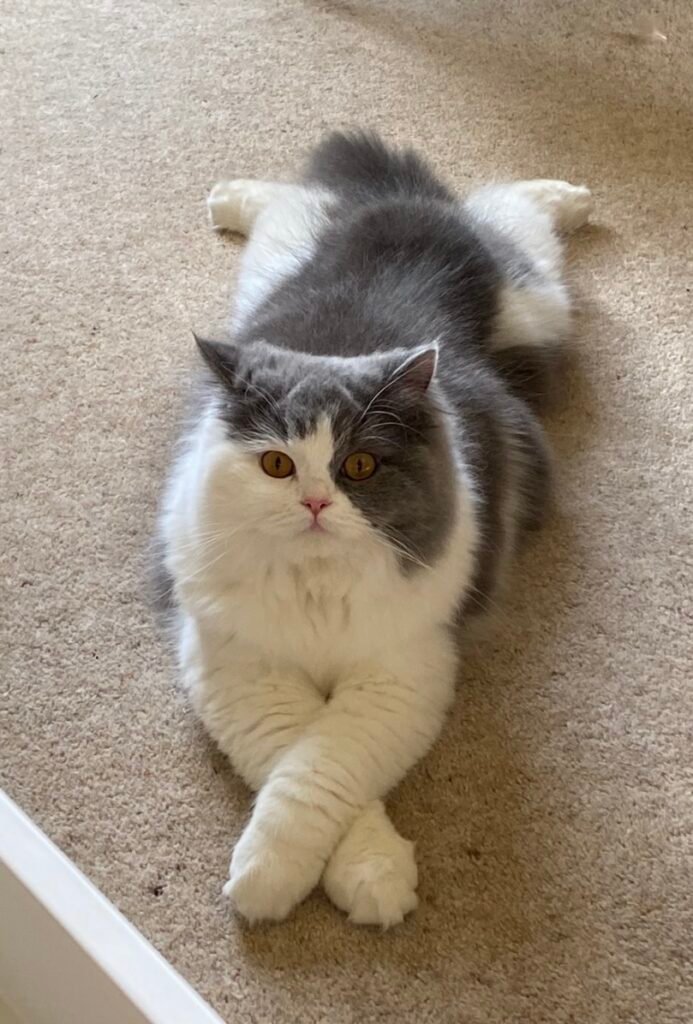
As your cat grows older, their participation in your bedtime routine may change. Kittens might be playful and full of energy, while senior cats might prefer quiet companionship. Health issues, changes in household members, or even shifts in your own schedule can influence how your cat interacts with your bedtime habits. It’s important to be patient and understanding, recognizing that your bond will continue to evolve. No matter the changes, the core message remains the same: your cat values your presence and wants to share these moments with you.
Health and Well-being Indicators

A cat that suddenly stops following your bedtime routine may be signaling that something is wrong. Changes in routine can be an early indicator of health issues, stress, or emotional upset. Conversely, a cat that becomes extra clingy at night might be seeking comfort due to illness or anxiety. Paying close attention to your cat’s bedtime behaviors can provide valuable insights into their well-being. If you notice sudden or drastic changes, it’s always a good idea to consult with your veterinarian.
The Unique Bond You Share

Every cat is different, and the way they participate in your bedtime routine is as unique as their personality. Some will curl up beside you, others will perch at the foot of the bed, and a few might prefer to simply be in the same room. What matters most is the connection you share. These nightly rituals are a testament to the trust, affection, and companionship that make the human-cat relationship so special.
Hi, I’m Bola, a passionate writer and creative strategist with a knack for crafting compelling content that educates, inspires, and connects. Over the years, I’ve honed my skills across various writing fields, including content creation, copywriting, online course development, and video scriptwriting.
When I’m not at my desk, you’ll find me exploring new ideas, reading books, or brainstorming creative ways to solve challenges. I believe that words have the power to transform, and I’m here to help you leverage that power for success.
Thanks for stopping by, Keep coming to this website to checkout new articles form me. You’d always love it!






